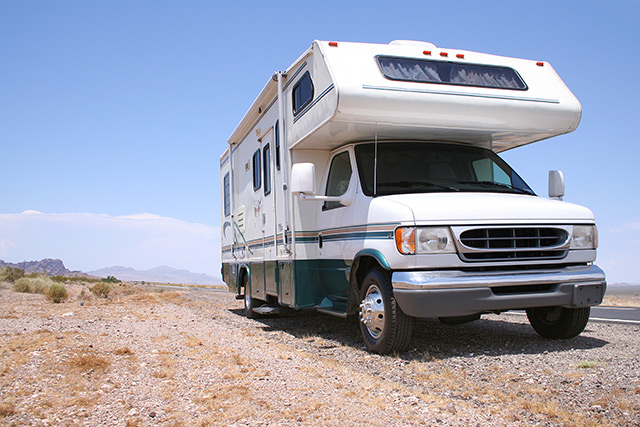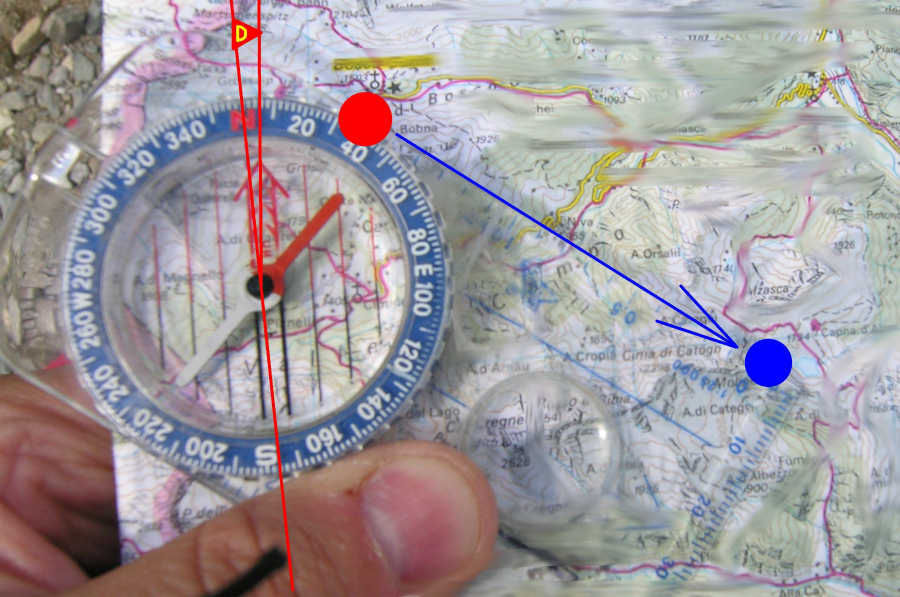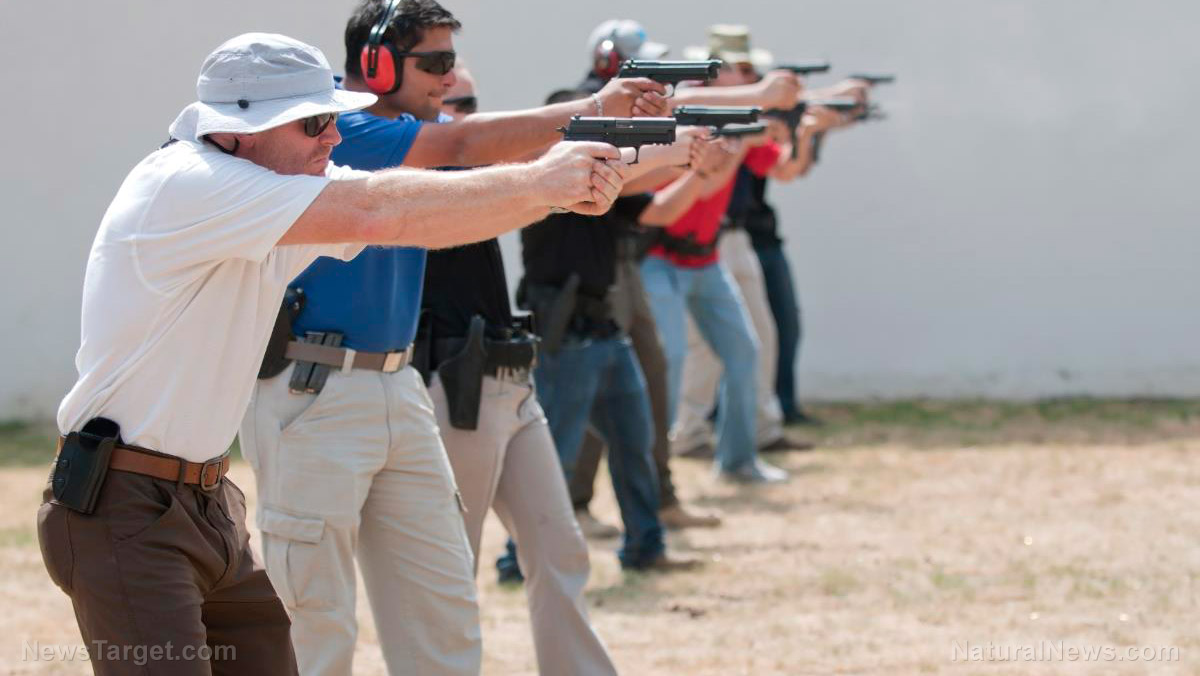Don’t be lulled into a false sense of security: When SHTF, survival skills are still more important than your stockpile
09/01/2019 / By Edsel Cook

The last thing any prepper should do is buy into a feeling of peace of mind and safety. Even after amassing a seemingly sufficient stockpile, you need to acquire and maintain survival skills that will serve you even better than supplies. (h/t to TheOrganicPrepper.com)
In addition to stockpiling resources for SHTF scenarios, you must be able to protect your emergency supplies. You will need weapons, the skill to use those weapons, and the right philosophy and strategy to secure your stash during the entire crisis.
Eventually, you will need to leave your bug-out shelter to interact with other people and get certain supplies that you lack or have run out of. Potential methods of interaction include bartering, negotiating, trading, and fighting.
As a prepper, you need the appropriate strategy and skill set to succeed at such interactions. You must assemble a network of trusted people who may help you out.
You must know a ton of information about different groups of people, customs, the criminal mindset, and the like. You must also develop skills in communicating with other people and fighting. (Related: 10 Survival skills everyone needs to know.)
Avoid relying on a single location or source for supplies
Another essential thing that preppers must remember is mobility. The ability and freedom to bug out and stay on the move may prove much more vital than stockpiling a lot of supplies and equipment at home or in the bug-out shelter.
Mobility means always having a survival backpack and weapon handy in case SHTF and you must get out of Dodge and head for the hills. It involves avoiding heavy dependence on just a single location or source of supplies.
SHTF scenarios may force you to bug out of your home due to various reasons. Due to the likelihood of losing the house, avoid stockpiling too many supplies at home.
You must develop a SHTF plan that lets you stay mobile while ensuring that you retain access to resources. Set up a bug-out shelter somewhere safe. You must also prepare several survival caches on the way to the shelter as well as nearby.
You should also come up with bug-out plans for disaster scenarios like earthquakes and storms. Map out different ways to get to the bug-out shelter. Again, develop a network of people who will make it easier to get to the shelter.
Planning for SHTF scenarios
Finally, you must acknowledge that an SHTF scenario will likely catch you unawares. As such, you should prepare ahead of time so that you are ready in case an emergency takes place during an inconvenient time and in an unlikely place.
Survival is about acting correctly in an SHTF situation. Preppers enjoy an advantage over non-preppers since they already prepared for this kind of crisis. They just need to stay calm and follow the plan they readied in advance.
In summary, prepping doesn’t end once you complete your stockpile of emergency supplies at your home and bug-out shelter. You must continue preparing for SHTF scenarios by developing the right strategies for any potential crisis.
In particular, you must come up with strategies regarding trade during SHTF scenarios. You must plan and prepare beforehand so that you stock up on items that are easy to carry and trade yet will become invaluable during emergencies.
Learn about the people in your region, their preferences, and possible locations for trading. Lastly, you must look out for the inevitable group that will take over the black market.
Sources include:
Tagged Under: bug out, bugout location, bugout plan, bugout shelter, chaos, Collapse, disaster, off grid, outdoors, panic, preparedness, Preppers, prepping, prepping skills, SHTF, Stockpile, survival, survival gear, survival plan, survival skills
RECENT NEWS & ARTICLES
COPYRIGHT © 2017 GEAR.NEWS
All content posted on this site is protected under Free Speech. Gear.news is not responsible for content written by contributing authors. The information on this site is provided for educational and entertainment purposes only. It is not intended as a substitute for professional advice of any kind. Gear.news assumes no responsibility for the use or misuse of this material. All trademarks, registered trademarks and service marks mentioned on this site are the property of their respective owners.



















